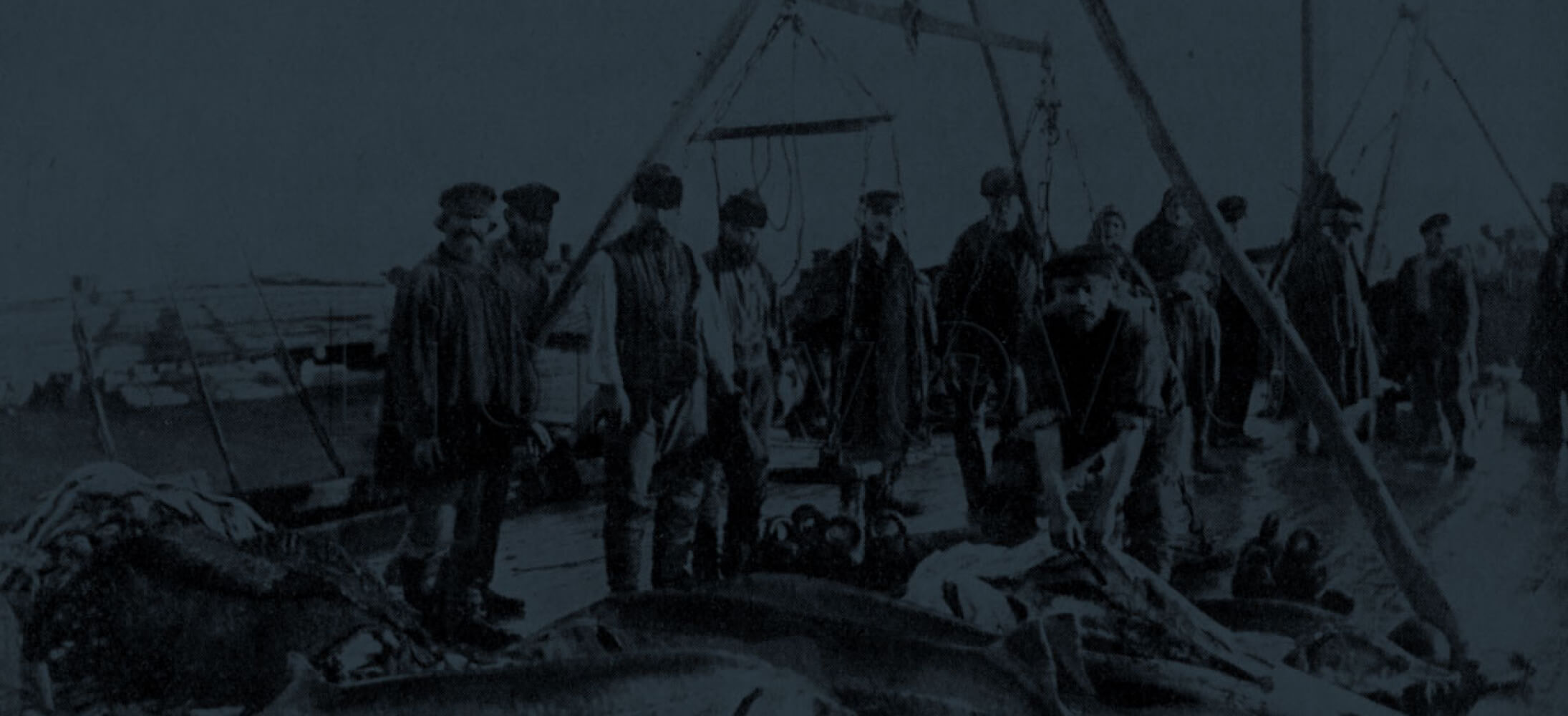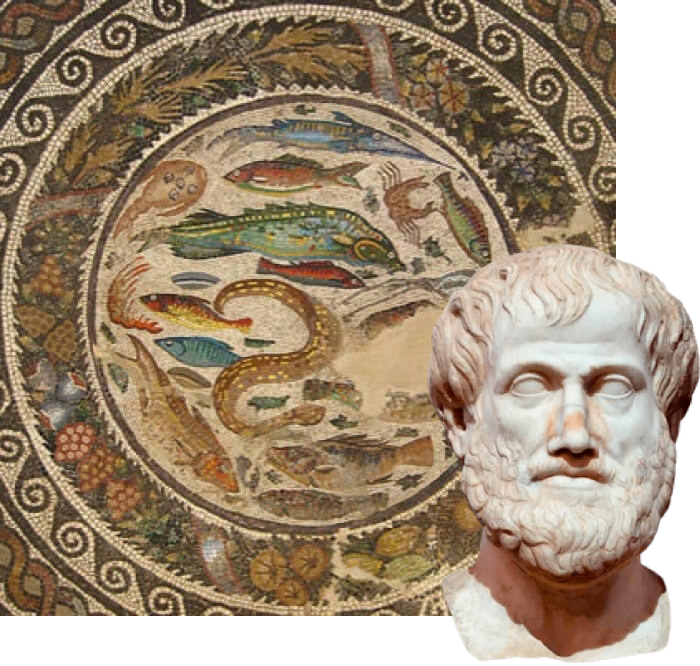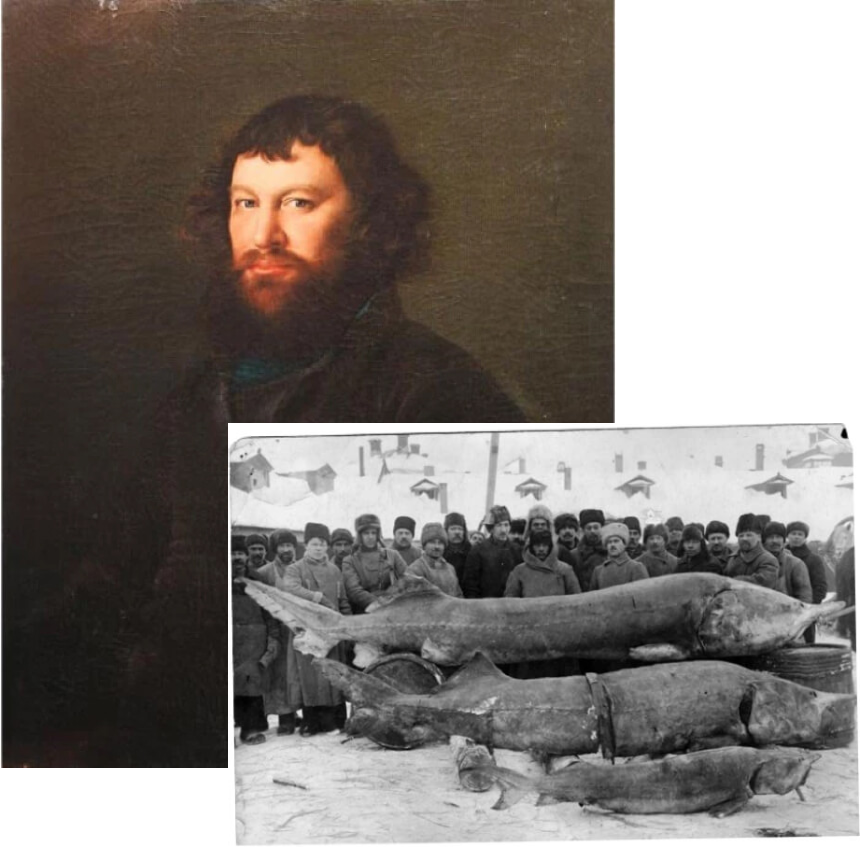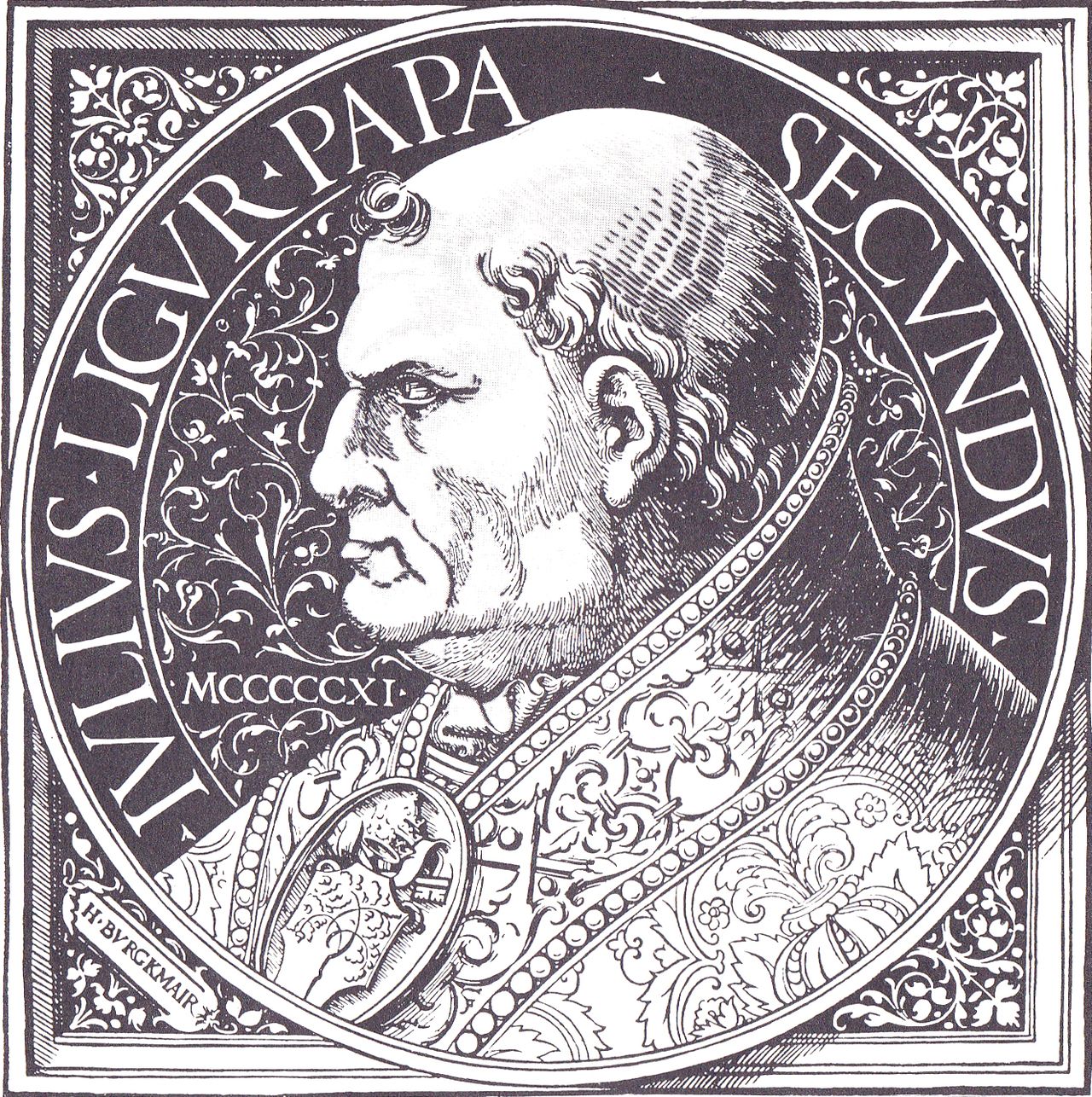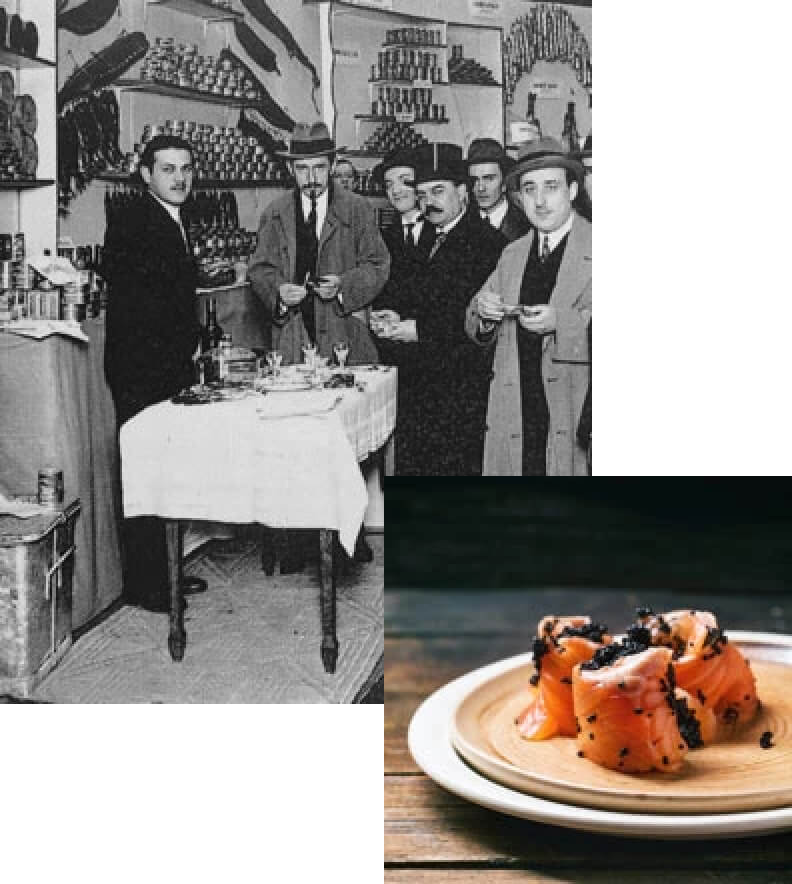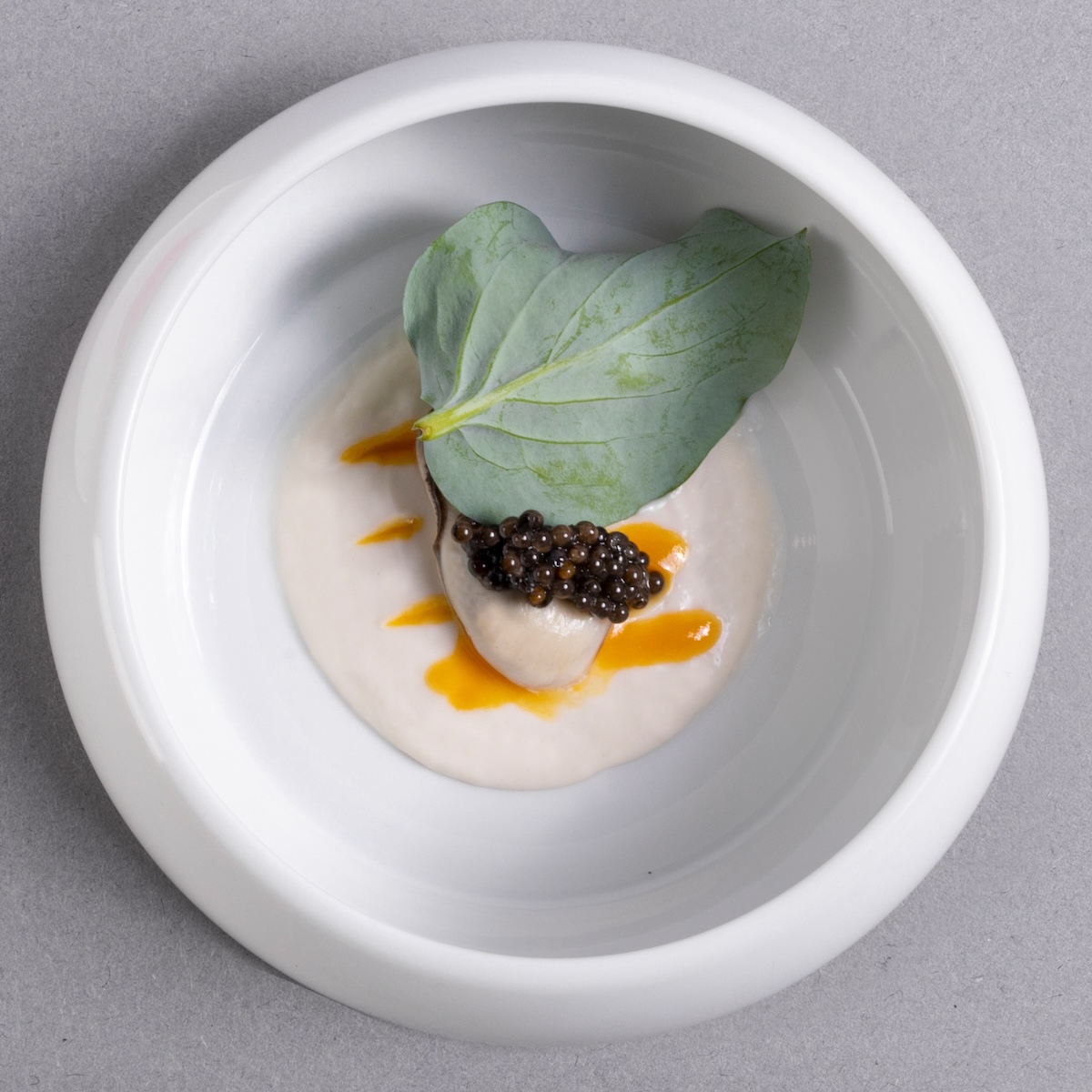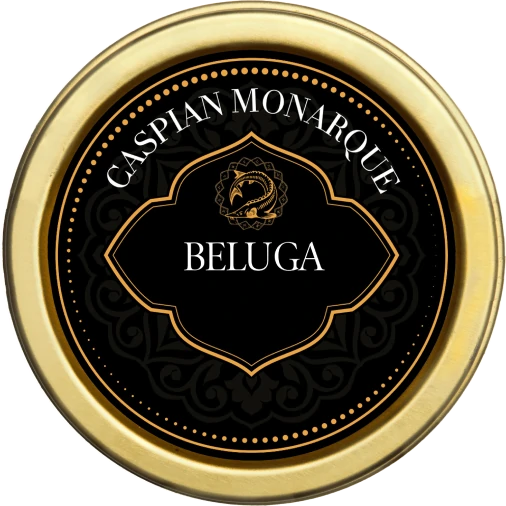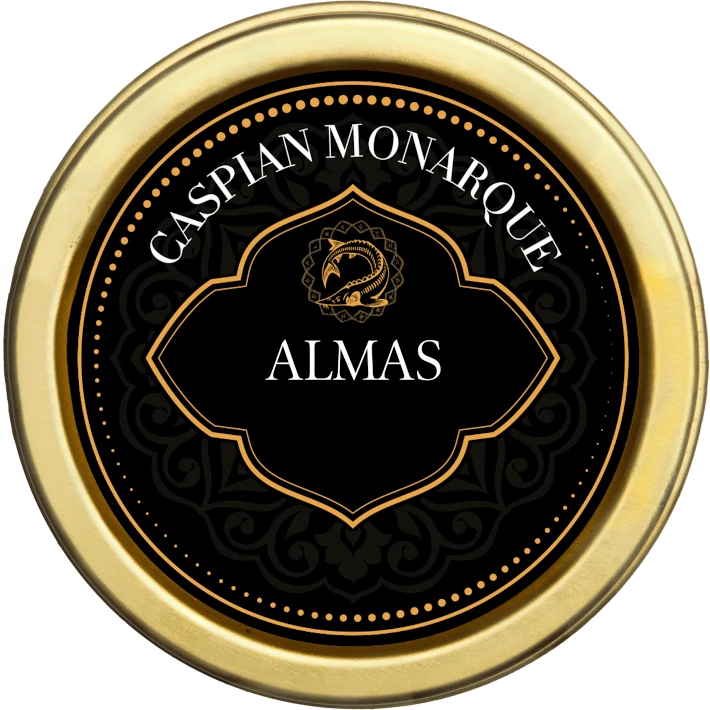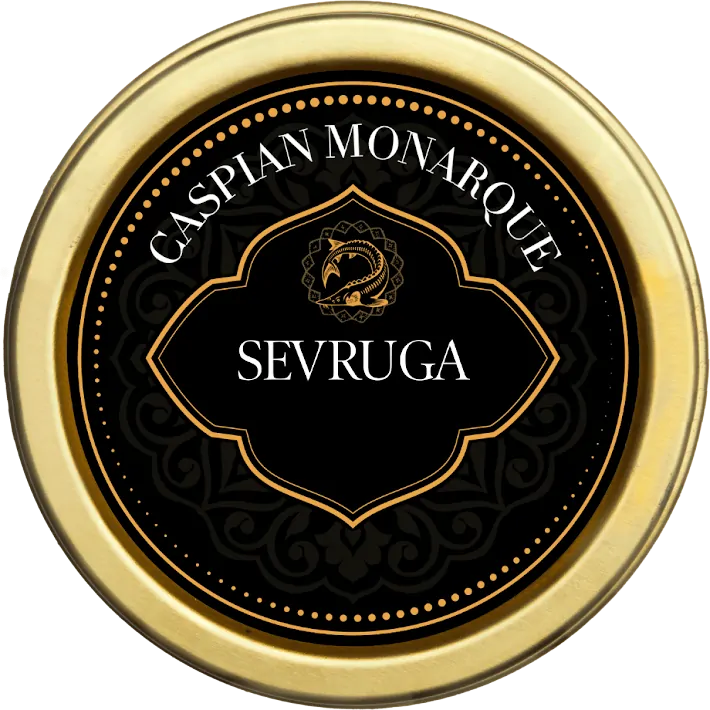In spawning season, giant fishes easily overturned frail boats, foredooming the fishers to a sacrificial death in the cold waters of the Caspian Sea. The roe – procured with such a terrible risk – was immediately sprinkled with sea-salt and then served to the rulers fresh – as soon as possible. The caviar was believed to cure a multitude of diseases as well as to possess invigorating power and to grant the kings a healthy progeny.
The name for the viand for the elect, meaning literally the source of authority, was borrowed from the Persians by a wide range of nations. It didn’t change much through the centuries, and still it sounds almost identically in Italian, Turkish, English, etc. Yet the word itself cannot impart the exquisite, rich taste, until you palate it in your own mouth.
